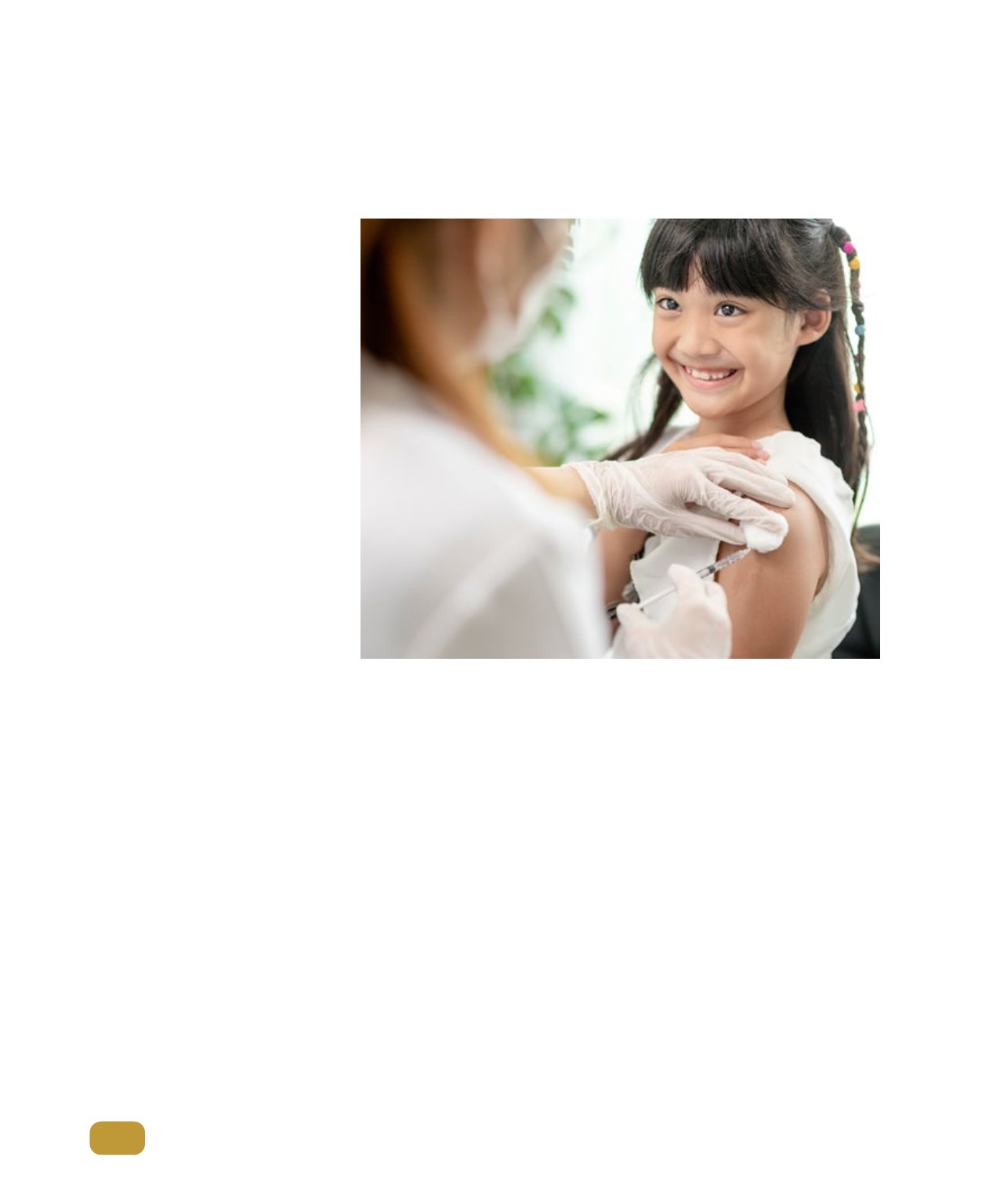

186
Borneo Bulletin Yearbook 2023
Health & Fitness
As countries around the world have
continued to live with COVID-19 in the
new norm of life, Brunei Darussalam is
also no exception. Following the peak
of the fourth wave of infection, Brunei
at the time of writing has come to
near full de-escalation of all measures
against COVID-19 due to the country’s
high vaccination rate.
As of March 19, 2023, the vaccination
rate for those who have received three
doses of the COVID-19 vaccine was
79.1 per cent, while 12 per cent have
received the fourth dose.
The Government of His Majesty Sultan
Haji Hassanal Bolkiah Mu’izzaddin
Waddaulah ibni Al-Marhum Sultan Haji
Omar ‘Ali Saifuddien Sa’adul Khairi
Waddien, Sultan and Yang Di-Pertuan
of Brunei Darussalam announced
that effective September 15, 2022,
Brunei Darussalam does not impose
vaccination requirement for inbound
travel into or outboard travel from the
country. Travellers are also not required
to complete a declaration form before
departure to Brunei Darussalam and
non-fully vaccinated travellers are
not required to undergo post arrival
COVID-19 tests.
As of December 1, 2022, Brunei
Darussalam
no
longer
requires
travellers to obtain medical insurance.
However, during a press conference on
November 29, 2022 which announced
the end of this requirement, travellers
were encouraged to obtain travel
insurance coverage for peace of
mind, as it may help cover medical
or treatment cost from unexpected
incidents while overseas.
Citizens travelling overseas are advised
to inform the Ministry of Foreign Affairs
(MFA) of their travel details via the MFA
e-Register on theministry’swebsite. This
will enable the MFA to identify Brunei
citizens who are overseas in the event
of an emergency in another country.
Using a mask indoors or outdoors
is optional, but it is mandatory for
individuals with symptoms who are
leaving their house. Individuals in
health facilities – either government or
private facilities – and food handlers
are also required to wear a mask.
Antigen rapid tests (ART) in school
and educational institutions as well as
training institutions under the Ministry
of Education, Ministry of Religious
Affairs and Ministry of Culture, Youth
and Sports are streamlined to standard
operating procedures (SOPs). ART
surveillance for Civil Service is no
longer required, but ART is still needed
for symptomatic individuals or if
required by school such as prior to
sitting for an examination.









